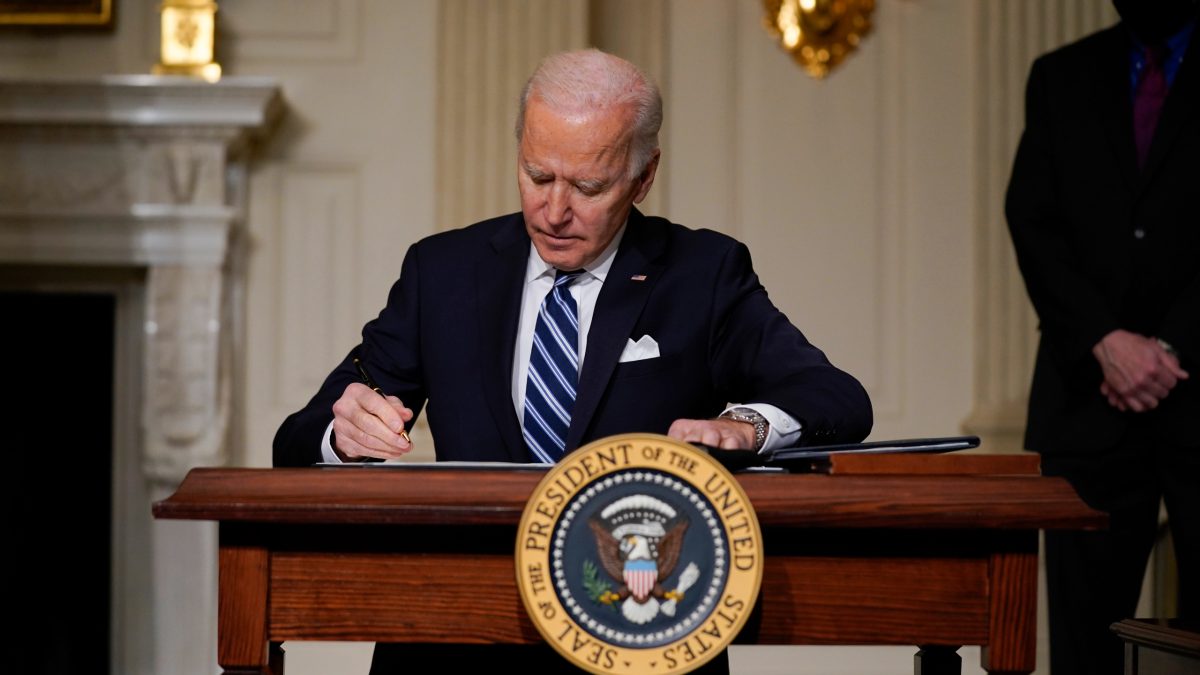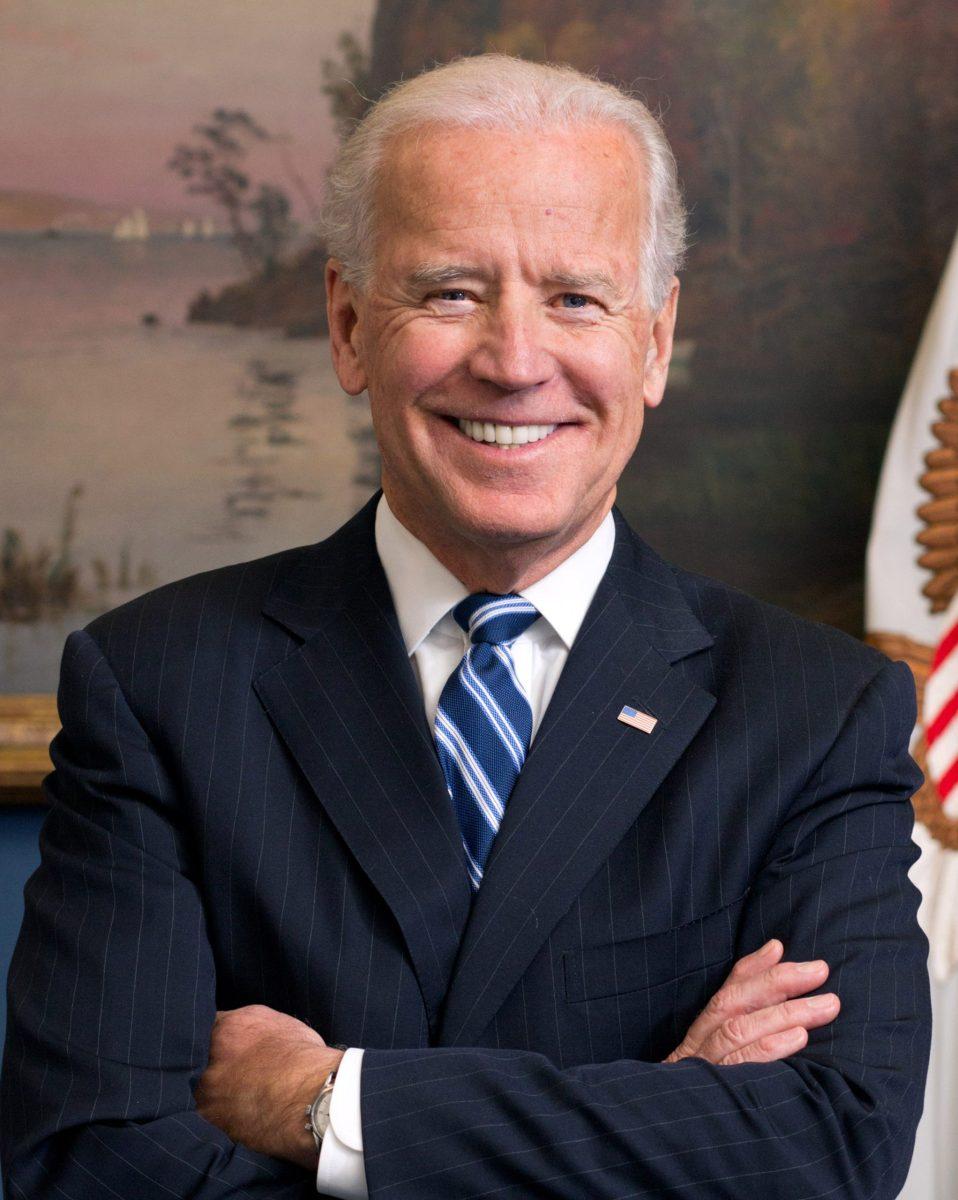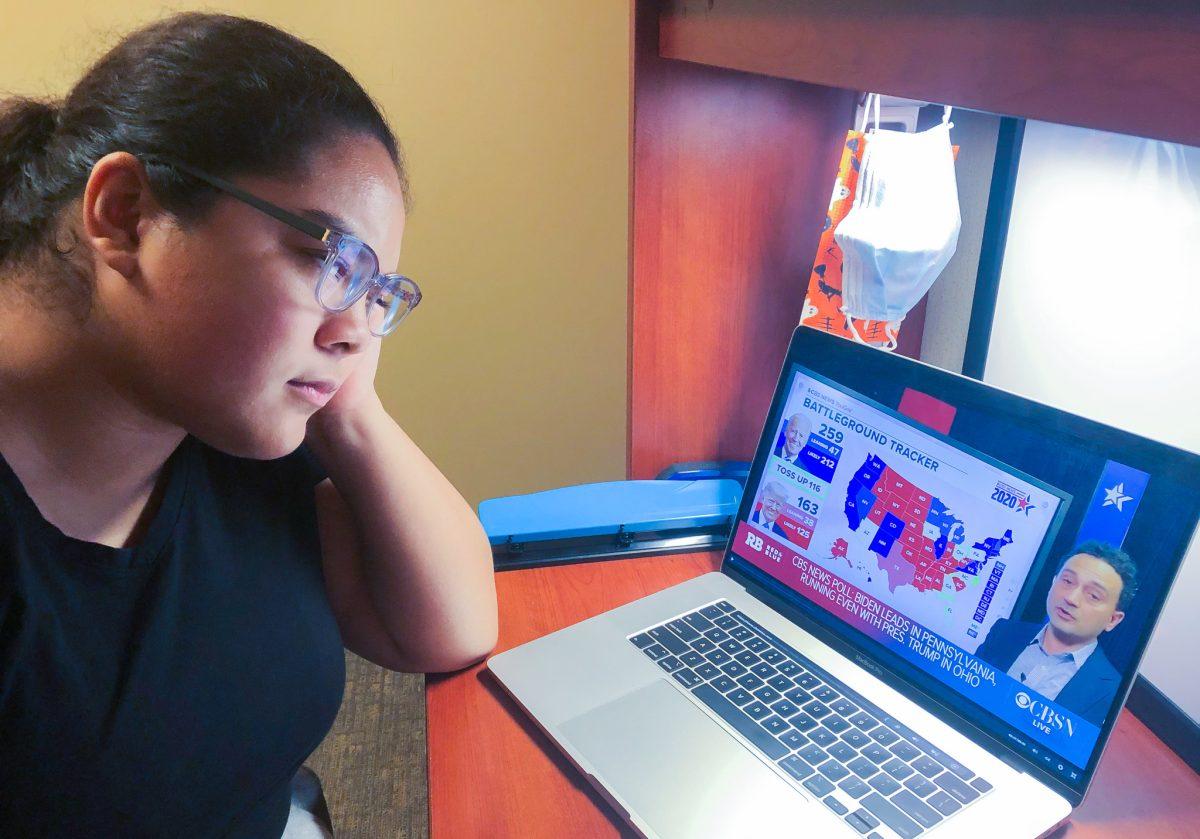[one_third]Liberal – Carmel Rafalowsky
The newest Middle East peace deal entitled “Peace to Prosperity” could have been called anything else and have the same effect. It is not a peace deal by any means or stretch of the imagination.
I will preface this by saying that I do believe in a two-state solution. I think the closest Israel and Palestine ever got to a lasting peace deal was at the Camp David Summit in 2000, but even that agreement had nearly irreconcilable issues, mostly over settlements, security agreements, refugees and the Palestinian right of return.
There are many aspects of this deal that I could dissect, but for the sake of this piece, I’ll stick to settlements. Beyond all the other flaws I see in Trump’s 2020 plan, I take issue with the section that calls for the annexation of settlements in the Jordan Valley.
Trump clarified this land could not be immediately annexed—Israel would have to wait for their next elections and form a government first—but even so, I cannot stand by it. I disagree with the concept of a settlement in its entirety—I do not think the Israeli government or Israeli forces should waste their resources, manpower or efforts just to stake a claim in a small village because a few observant families chose to live there. It’s a waste of time and creates tension, distrust and resentment for no good reason. The cost-benefit analysis doesn’t add up.
While I don’t support settlements and agree that the Palestinian National Authority should have control over their land without interference from Israeli forces, I must admit that I have mixed feelings on the rest of the agreement and the rest of the issue at large. One such example lies in the plan’s stipulation that the Palestinian Authority must “disarm the governing authority of the Gaza Strip, Hamas” among other things. This is a point of contention for some who state that this limits Palestinian sovereignty, or rather that under this deal Palestine would have no sovereignty at all. I don’t see any issue with this requirement, however, since Hamas is not a government body but rather a terror organization.
These are just some examples of the issues I take overall, let alone with this deal specifically. That said, I suppose it doesn’t matter much, since the opinions that are most important and valuable are those of individuals who actually live in the two nations and would be directly affected by the deal.
[one_third]Independent – Anthony McInnis
The Israeli-Palestinian conflict is one of the largest quagmires of the modern era. Since 1967, the Israeli government has been occupying the West Bank and Gaza Strip which is home to the Palestinian ethnic population. In the wake of the Six Day War, Israel took control of these territories after Egypt, Jordan and Syria declared war on the Jewish state.
For decades, Palestinians have advocated for their independence, which has spurred an onslaught of terrorism from the groups Hamas and Hezbollah. As such, Israel has been hesitant to give up their leverage in the conflict. On top of that, Israel over the years has been constructing Jewish settlements in the West Bank, which have displaced Palestinians within their own land.
Since the start of the conflict, there have been numerous peace proposals that failed, however recently President Trump has offered a plan to divide the territories in an attempt to appease both Zionists and Palestinians. Under the plan, Israel would annex roughly 30% of the West Bank and keep Jerusalem as its capital. The proposal offers the Palestinians little as they are not granted the right of return or the ability to create their own defense force, with Israel still controlling their borders. The plan only gives them the right to claim their own state of Palestine.
The conditions to the deal certainly can make sense from Israel’s perspective. Considering there have been numerous terror attacks committed against the Jewish state since the occupation started, it’s natural to be hesitant to allow Palestine to create its own army which may pose a greater threat in the future. With keeping Jerusalem, many Israelis have a strong religious connection to that city and want to maintain it as the capital of their holy land. However, the same can be said for Palestinian Muslims.
The plan was rejected by Palestinian leaders. That was no surprise as they were given almost nothing of what they wanted. Not granting the right of return prevents Palestinians from coming back to their ancestral homes that they were displaced from. Not being able to create their military makes them a state in name only. In practicality, if Israel is still controlling their borders then Palestine is still an occupied territory.
It is likely Trump proposed this plan knowing full well it would not be accepted. It was more of a political maneuver to please his pro-Israel constituents and appear diplomatic at the same time. While any attempt for peace is better than no attempt, it was a one-sided plan that was doomed to be rejected. Unfortunately, this quagmire will not end anytime soon.
[one_third]Conservative – Mark Pothen
A few weeks ago, President Trump released his Israel-Palestine peace plan and it is the first plan that recognizes the realities, mainly that Israel isn’t going anywhere anytime soon. The reality of the situation is that even though Israel has accepted every single peace offer presented, the Palestinians have rejected all of them outright.
President Trump’s peace plan would simply “permit Israel to extend sovereignty over all major settlement blocs in the West Bank, uphold Jerusalem as ‘Israel’s undivided capital,’ and require the Palestinians to concede far more land to Israel than in past proposals.”
Even a blind man can see the pattern here, the obstacle to peace in the region is not Israel, and President Trump’s plan recognizes that obstacle. As political commentator Dennis Prager has said, “If tomorrow, Israel laid down its arms and announced, ‘We will fight no more,’ what would happen? And if the Arab countries around Israel laid down their arms and announced, ‘We will fight no more,’ what would happen? In the first case, there would be an immediate destruction of the state of Israel and mass murder of its Jewish population. In the second case, there would be peace the next day.”
In this entire conflict, drawing a moral equivalency between Israel and Palestine is absolutely asinine. In its original charter in 1988, the Covenant of Hamas called for the violent destruction of Israel. There is only one side in this conflict that names streets after terrorists, sets aside millions of dollars to the families of terrorists who kill Israelis and shoots hundreds of rockets into civilian areas of Israel indiscriminately.
There is only one side in this conflict that places its rocket silos on hospitals and schools and uses its own citizens as human shields. There is a reason that nearly 20% of Israel’s population is Arabian, while there are absolutely no Jews in Gaza. This is because the safety of Jews could be jeopardized if they were to travel there.
There is broad agreement in Israeli politics regarding the terrorist threat from both the Palestinian authorities and Hamas. This is all more reason as to why both Benjamin Netanyahu and Benny Gantz, his chief opposition from the leftist Blue and White party, have hailed the plan as a historic milestone. Whether you like it or not, President Trump’s plan recognized all of these realities and the Palestinians’ outright rejection is just the last in the line of many, and probably the best deal they will get going forward.































Clayton Miller • Feb 22, 2020 at 2:33 am
We can all agree that Israel is a shining star of freedom in a region, sadly, largely devoid of it.